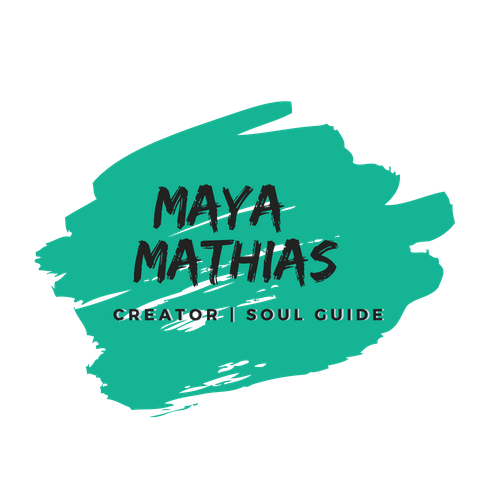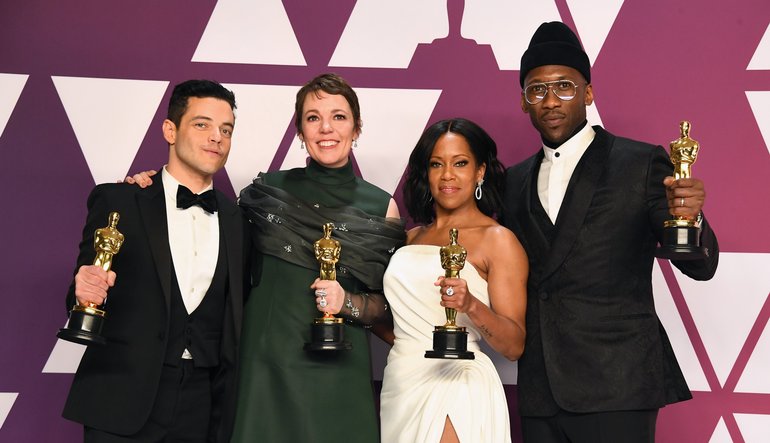
Feb 24 2019
The week began in America with Presidents Day, originally an homage to George Washington…and ended with an Academy Awards ceremony that hewed more closely to the vision and ideal of “We the People.” Along the way, I pondered the current state of America’s 2020 presidential race, and another chapter in trans-Atlantic relations.
(Too busy to read and click through all the article links? Listen to this podcast episode, for highlights on the go.)
As The World Turns
To president, or not to president
Now I know what people mean when they say American elections never seem to end.
It’s only been 3 months since the 2018 midterm elections, and candidates are already campaigning for the 2020 presidential elections. I don’t blame most voters for tuning out – who has the time to keep track of it all?
And yet, for the majority of Americans, the stakes in the 2020 election have never been higher. President Trump’s upset victory in 2016 makes the anti-Trump electorate skittish. Can we trust political science conventions anymore? Should the Democratic party cater to its increasingly progressive base, or hew to the center to win back moderate voters? At this stage, nobody really knows.
What we do know is that this is the most crowded Democratic field in decades, perhaps ever. We’re also seeing an emerging consensus that America won’t want an(other) independently wealthy candidate running as an Independent.
So buckle up, 2020 is going to be a wild and unpredictable ride.
A declaration of peace by freedom-loving bodies
Each year, the Munich Security Conference assembles the world’s largest gathering of international security professionals. At the end of this year’s conference, a group of international statesmen and women released a “Declaration of Principles for Freedom, Prosperity, and Peace.”
This is a call to democratic people and nations around the world, to re-commit themselves to the principles that have largely maintained the post-WW2 world order for more than 70 years. But these 7 decades have also ushered in waves of social, technological and (more recently) political change. As this Council on Foreign Relations article states:
“After a seven-decade run, that world order is under grave assault. Many people, including citizens in free societies, have grown skeptical of democracy, open markets, and international institutions. Globally, nationalism, populism, and protectionism are ascendant.”
This new document has been dubbed Atlantic Charter 2.0, after the August 1941 Atlantic Charter that was drafted four months before the Japanese attack on Pearl Harbor. It seeks to bring those original world order principles up to date, in line with the new threats we face in the 21st Century.
The declaration offers seven statements that cover these areas:
- Freedom and Justice
- Democracy and Self-Determination
- Peace and Security
- Free Markets and Equal Opportunity
- An Open and Healthy Planet
- The Right of Assistance
- Collective Action
And because our local and global problems are now more complex, this declaration doesn’t just belong to states(wo)men. It falls to all of us – in private and public institutions, and as private citizens – to pitch in and uphold those principles in our communities and countries.
According to the declaration:
We call on individuals, institutions, corporations, and governments in our own nations and around the world to advance these principles and create a more effective and responsive set of global rules. Our responsibilities rise commensurate with our influence.
Om Is Where The Heart Is
The joy of being celebrated
The 91st Academy Awards seemed unlike any other that had come before. After the #OscarsSoWhite backlash began in 2016, when all 20 actors nominated in the lead and supporting acting categories were white – for the second year in a row – people began to realize that Hollywood might be inclusive in its storytelling, but it wasn’t walking the diversity talk in its operations.
In a year where the intended host Kevin Hart bowed out, after a series of his old homophobic tweets surfaced, the show flowed with grace and charm. Instead of one film dominating the evening (Titanic, anyone?) each best picture had its moment in the Oscar sun. Conventional dictates like “the Best Director winner indicates who’ll win Best Picture” stepped aside for a night where foreign films won more than, well, Best Foreign Film. Acceptance speeches were filled with heart, springing from a multitude of cultures and personal journeys. Olivia Colman’s speech was one of my favorites…a spontaneous expression of shock and gratitude for her shining moment. Watch it for an instant hit of pure joy.
News and Views
Welcome to the (listening) world, Peace Matters.
I’m excited to announce the Peace Matters podcast.
You see, I spend all week thinking about this newsletter, and the podcast is a great way to include you in the conversation.
I produce 2 podcast episodes a week, before I sit down to craft this newsletter. You get a front-row seat to how I develop each story over the course of the week, and I get a chance to think out loud, and speak the stories into existence. Win-win!
Subscribe to the Peace Matters podcast in your favorite podcast app or platform. Listen to and join the conversation. Let’s make peace matter more each day.
In the next issue:
It will be a big week for the US president, as he travels to Hanoi, Vietnam for his second denuclearization summit with North Korea leader Chairman Kim Jong Un.
I’ll be watching and reflecting on what happens. Watch this space.
Till then…
Live well and lead large – Maya
(featured image from oscar.go.com)

